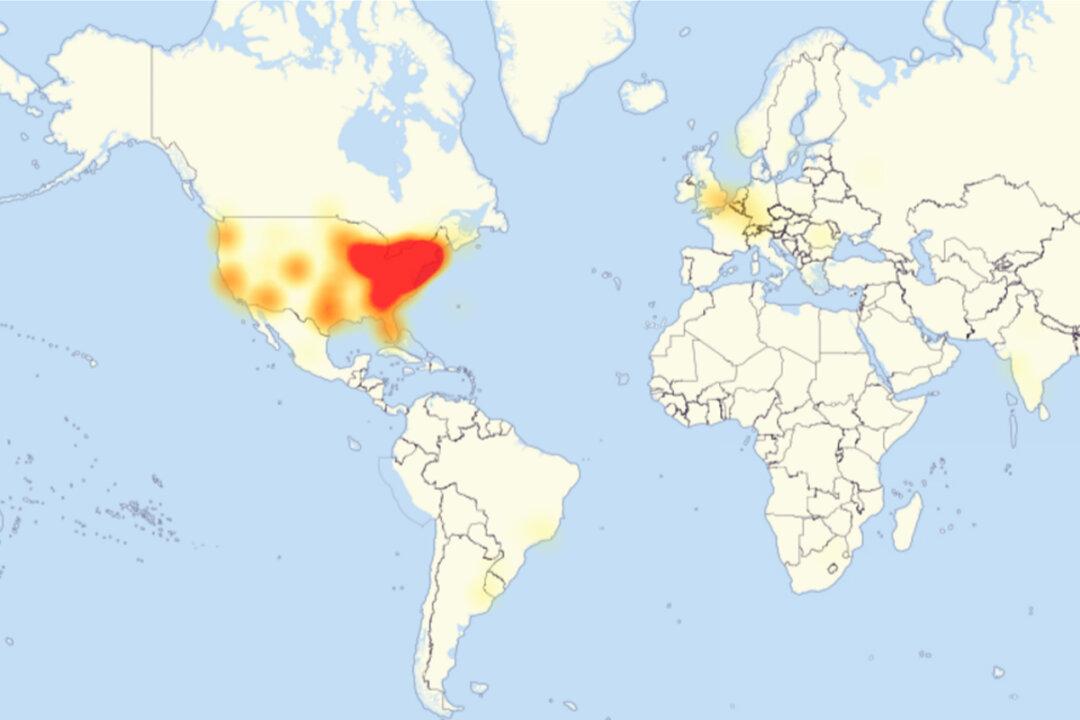Content Is King. The Website Is Dead.
About 6 months ago, Coca-Cola declared that “Content is King, and the Corporate Website is Dead”. The blog outlined how storytelling was the cornerstone of 21st century communications which for Coca-Cola translated into stories that involved their brands. The result of this revelation was a revamp of their website to more closely resemble the site of an online media company than that of a company making soft drinks.
Has Anyone Noticed?
Although the declaration and the website grabbed attention at the time, it is hard to find any other companies that have yet followed suit. The corporate website is still perceived as an obligation to provide information about the company and its products in a representational way. Any attempt to integrate social media into the mix will be the obligatory Facebook or Twitter like buttons at the bottom of the page. As for storytelling, this is almost always driven by the other obligatory element of the corporate site, the dispassionate news releases written by the corporate PR department.
Part of the issue will be that company executives will not necessarily recognise that they even have a problem. For many senior managers, social media is still a foreign world and they are not being driven by what analytics about their websites could be telling them. The other more obvious reason they may not realise they have a problem is that they probably don’t actually use their own site. If there is a function specifically for staff, it will probably their assistant that navigates that function for them.
Forget the Content, Just Increase the Traffic.
Websites are often seen as the principal component of a company’s marketing strategy. It is often assumed that once a site is created, traffic to it is simply a matter of strategies such as search engine optimization (SEO). This view has been promoted by other companies selling services to boost the visibility of websites.
The problem with SEO is that it tries to manipulate whether a site appears in a search. How effective this is in practice is questionable. Even if effective, what it doesn’t address however is the issue that Coca-Cola raised, namely that unless the content is something that people actually need, whatever traffic does actually end up on the site will have little relevance.
The Move to Mobile.
Another factor in the growing irrelevance of corporate websites is the inexorable shift to mobile. It is now estimated that around 17% of all Internet traffic is coming from mobile. Even if a site is designed in such a way as to be formatted correctly on a mobile device, people are going to access the site very differently. Only content that solves a particular problem for a user will have any relevance. The rest is largely redundant.
The Move to Social.
Along with the shift to mobile, there is the continuing inexorable move to social networks. Internet users are spending around 27% of their time on social networks. The amount of time spent on traditional websites that aren’t engaging their consumers is diminishing.
The Move to Apps.
And finally, there is the fact that dynamic interaction with users is occurring increasingly through mobile apps. This takes even more traffic away from the corporate site if the principal form of engagement that a customer has with a company is their app.
Not only is functionality being disaggregated, but content is too. Videos produced by a company may feature on a web site, but they will also be part of the corporate YouTube channel which may have its own set of subscribers. Clients now will obtain information and content from a company through a range of sources, most of which will never lead them back to the main site.
What Can Be Done?
Changing online strategy for most companies is going to be a challenge. Engaging with customers using a mobile driven, socially focused communications strategy and surfacing consumer generated stories would be something most companies have little experience with or could ever do well. Not engaging in this way however will be the equivalent of not having a web presence 10 years ago. Ironic then that companies would still see having that web presence as being important.
David Glance does not work for, consult to, own shares in or receive funding from any company or organisation that would benefit from this article, and has no relevant affiliations.
This article was originally published on The Conversation. Read the original article.




